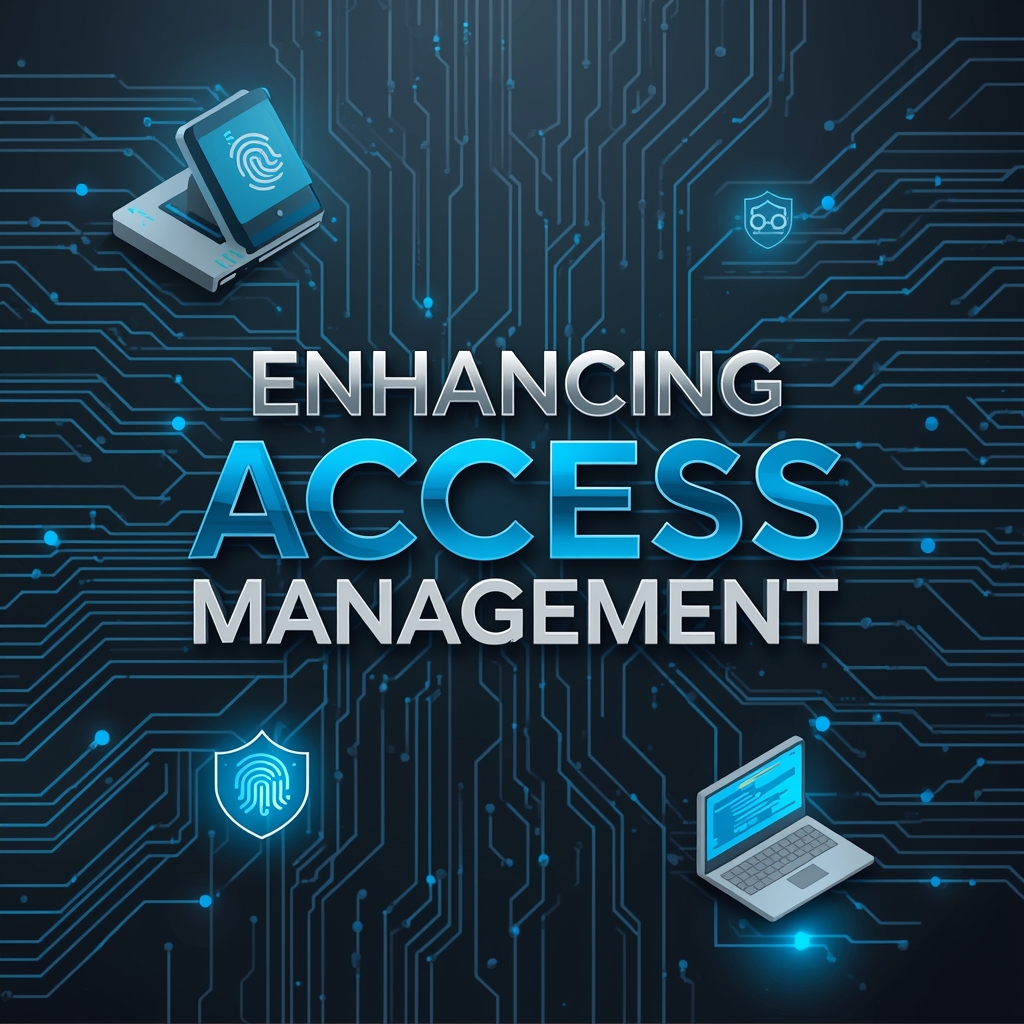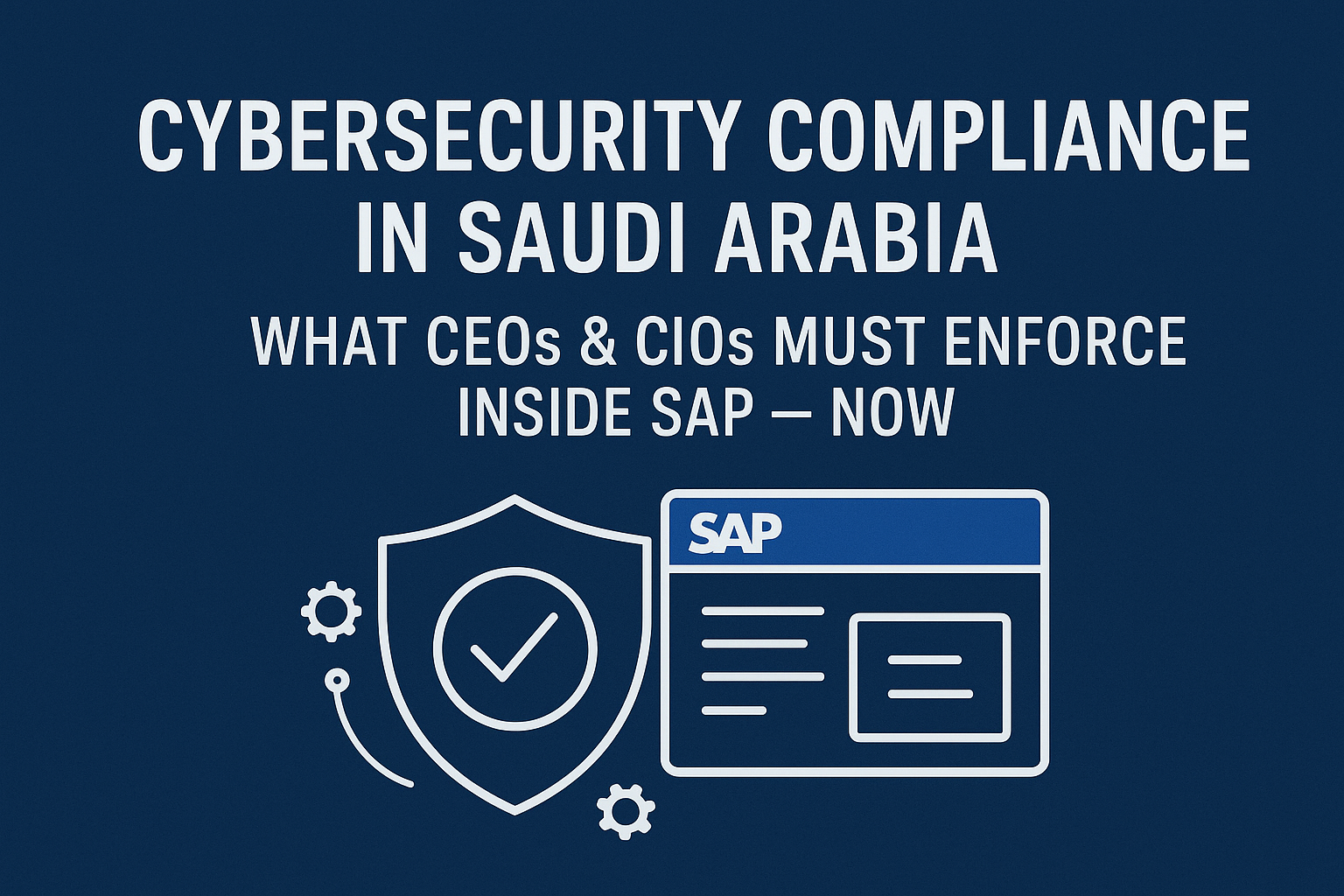Artificial Intelligence: Transforming Professional Services
Professional services are witnessing a significant transformation as artificial intelligence (AI) becomes an integral part of business operations. AI has expanded from predictive analytics to automated governance, bringing efficiency, precision and scalability to specialized industry tasks. This expansion is seen in critical domains such as finance, healthcare and large-scale business administration, where AI-driven technologies can reduce manual errors and regulatory risks. As adoption accelerates, organizations are seeking AI-based strategies that extend beyond cost savings to shape how services are delivered, managed and optimized for future challenges. This shift is evident in the application of AI to core offerings, such as SAP Audit and advanced access management, particularly where compliance mandates and risk mitigation are paramount. Companies are increasingly leveraging AI not only to streamline processes but to gain a sustainable advantage through smarter decision-making and proactive governance.
Optimizing Identity and Access Management with AI
Implementation & Operation of IAM (Identity and Access Management) has evolved with the integration of AI, providing robust mechanisms for securing digital identities and controlling permissions. AI algorithms now enhance authentication protocols by detecting anomalies in user behavior and preventing unauthorized access. Solutions are able to monitor activity across multiple systems, adapting access rules dynamically as risk profiles shift. This real-time adaptability ensures that access rights match current business needs without unnecessary exposure. Moreover, by automating the identification of compliance violations such as improper permissions or Segregation of Duties conflicts, IAM solutions minimize manual audit effort and support regulatory requirements. The fusion of AI with IAM reduces operational burden and streamlines authorization workflows, freeing security teams to focus on policy development and strategic oversight. This approach benefits organizations regardless of their size, laying the foundation for scalable security models that meet both current and future regulatory expectations.
Intelligent Authorization Concepts Across the Market Spectrum
S/4hana Authorization for Small, Mid and Enterprise Markets
As organizations migrate to SAP S/4HANA, AI-driven authorization concepts have emerged to simplify and automate access management for different market segments. For small businesses, the Authorization Concept for S/4HANA Small-Market leverages AI to analyze specific business roles and workflows, automatically proposing the optimal set of permissions required. This tailored approach helps prevent excessive user privileges and mitigates risks associated with insufficiently defined access structures. In the mid-market segment, AI is used within the Authorization Concept for S/4HANA Mid-Market to facilitate more complex role hierarchies, orchestrate user transitions during migrations and ensure regulatory alignment. Enterprise-level operations benefit from the Authorization Concept for S/4HANA Enterprise-Market, where AI handles thousands of users across global subsidiaries, maintaining consistent authorization models and reacting to changing organizational demands. Each segment relies on AI to ensure compliance, maintain efficiency and enable seamless business continuity during both routine operations and major platform upgrades.
AI-Enhanced GRC Solutions: Proactive Risk and Compliance ManagementThe Implementation of GRC Solution (Governance, Risk and Compliance) stands out as a field where AI drastically elevates traditional frameworks. AI-powered GRC platforms are capable of processing vast volumes of business events, systematically detecting control failures, policy violations and potential fraud. Machine learning models are calibrated to spot unusual patterns or behaviors in real time, enabling immediate escalation and intervention. This granular oversight moves risk management from a reactive process to one that predicts and prevents issues before they materialize. Moreover, GRC systems equipped with AI offer interactive dashboards and automated compliance reports, reducing the administrative workload for compliance officers and freeing up resources for analysis and planning. Through these capabilities, AI not only strengthens the reliability of compliance programs but also drives continuous improvement, enhancing organizational resilience in complex regulatory environments.
Managed SAP Authorization Services: The Value of Automation and AI
Small, Mid and Enterprise-Market Managed Solutions
Managed service models for SAP authorization are increasingly incorporating AI to deliver scalable and efficient security management options across diverse company sizes. SAP Authorization Managed Services Small-Market focuses on making advanced automation affordable for growing businesses, reducing the need for in-house expertise by standardizing user provisioning and enforcing Segregation of Duties compliance. For the mid-market, SAP Authorization Managed Services Mid-Market leverages AI to keep pace with growing complexity, coordinating automated workflows that align with evolving organizational needs. This ensures that security practices can adapt to mergers, expansions or regulatory changes without disruption. Larger corporations benefit from SAP Authorization Managed Services Enterprise-Market, where AI processes handle intricate authorization hierarchies, manage multi-country regulatory requirements and generate detailed auditing records. These automated managed services harness AI not simply to cut costs but to provide deep insights into user activity, enabling organizations to maintain robust security and compliance structures at scale.
Pioneering SAP Audit and Risk Analysis Through Artificial Intelligence
SAP Audit functions have been redefined by AI, which now automates much of the evidence-gathering and risk identification required for audit readiness. This transformation ensures that audits are more thorough, timely and objective, replacing manual spot checks with continuous oversight. AI analyzes transactional data for irregularities, flags suspicious activity and proactively notifies auditors of potential issues before they affect governance or compliance standing. SAP Risk Analysis as a Service further amplifies these capabilities by offering ongoing, AI-driven analysis that detects and manages access risks such as Segregation of Duties conflicts as soon as they arise. By providing always-on risk visibility, organizations are able to act before breaches occur and reduce both the cost and reputational impact of compliance failures. AI ensures that audits are not just a year-end exercise but a continuous process that keeps organizations prepared for regulatory scrutiny at any moment.
Integrating AI into professional services requires a strategic approach that aligns technology innovation with established business objectives. For optimal results, it is essential to start with pilot projects that address well-defined problems in processes like audit preparation, authorization management or GRC monitoring. Building a cross-functional team ensures that both technical and business requirements guide AI initiatives, leading to greater organizational buy-in and practical results. Clear policies on data quality, privacy and governance must underpin all AI-driven operations, since the accuracy of machine learning models depends on clean and reliable data sources. Regular reviews, transparent reporting and employee training help organizations scale their AI adoption while minimizing risk and promoting responsible use. Companies that embrace AI-enabled SAP Audit, GRC and managed authorization services position themselves to lead in compliance agility, operational resilience and trusted service delivery without sacrificing regulatory standards or security.





